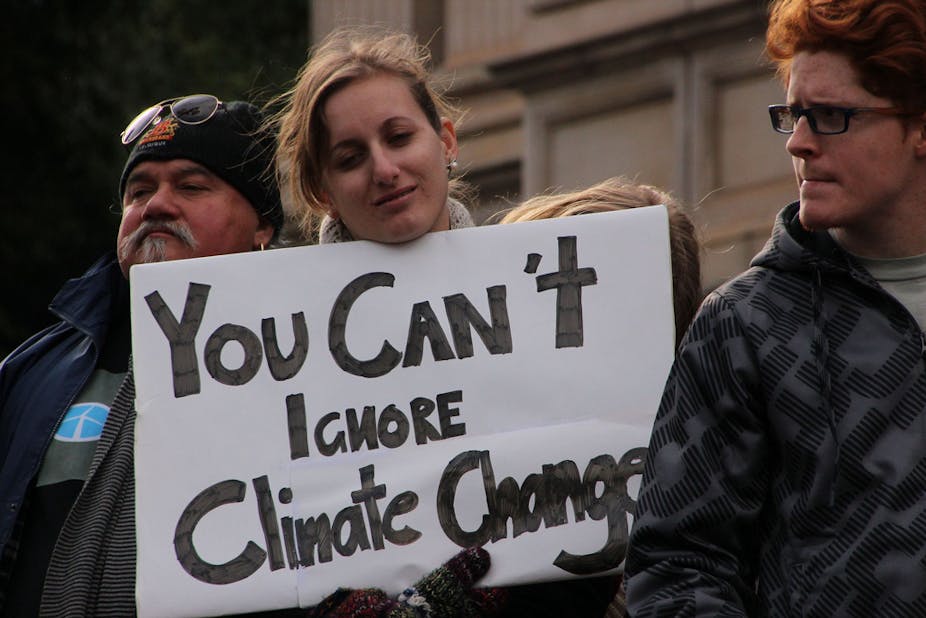Investors are continuing to pour money into fossil fuel reserves that could end up being worthless due to efforts to combat climate change, a new report has found.
The Climate Tracker report found that investors are set to waste US$6 trillion on fossil fuel reserves in the next ten years if they fail to account for global carbon budgets.
To keep climate change under the globally agreed-upon figure of 2°C by 2050, emissions must be kept to under 900 gigatonnes (Gt) CO2, the report says.
If the budget is allocated according to how much each source (fossil fuels, housing, transport etc) contributes to emissions, investment in fossil fuels must be limited to the equivalent 125-225 Gt CO2 until 2050.
Last year companies invested US$674b in developing new fossil fuel reserves. Under the new budget scenario 60-80% of this investment in fossil fuel reserves will be wasted.
Globally 200 publicly listed companies currently invest in the equivalent of 762Gt CO2. There are further interests in undeveloped reserves which could double the size to 1,541Gt CO2.
Professor Tony Wood at University of Melbourne said there’s a disconnect between what’s necessary to avoid the worst aspects of climate change, and what’s actually happening, and “this report has put that disconnect into numbers.”
Businesses continue to invest in these “stranded” assets because of continuing uncertainty over carbon pricing, he said. “Governments around the world have moved away from discussing climate change in a policy sense.”
Energy economist Dr. Barry Naughten at Australian National University said investors don’t believe governments will put a high enough price on CO2 emissions to cause them a problem.
“In Australia there’s a lot of confusion as to whether the carbon price will be maintained in any shape or form if there’s a change of government this year,” he said.
The new carbon budget is higher than previous assessments because it assumes efforts to reduce non-CO2 emissions from waste and agriculture, such as methane, will increase.
Professor Wood said there were signs of hope that emissions from waste and agriculture could be reduced.
The report reveals Australian companies have interests in 26Gt CO2, including 1Gt CO2 in gas, 2Gt CO2 in oil, and 23Gt CO2 in coal.
The highest investment is via the New York Stock Exchange with 215Gt CO2. The majority of this is invested in oil. Companies listed in London have interests in 113Gt CO2, with a greater proportion devoted to coal.
After 2050 carbon budgets must remain very low, with only 75Gt CO2 allowed in order to keep warming below 2°C.

